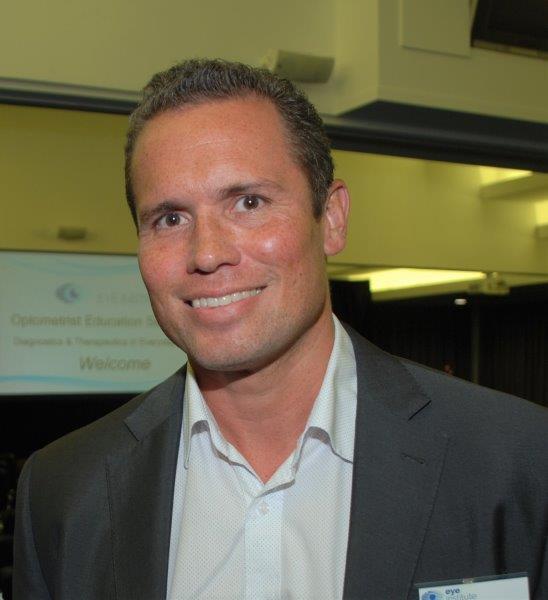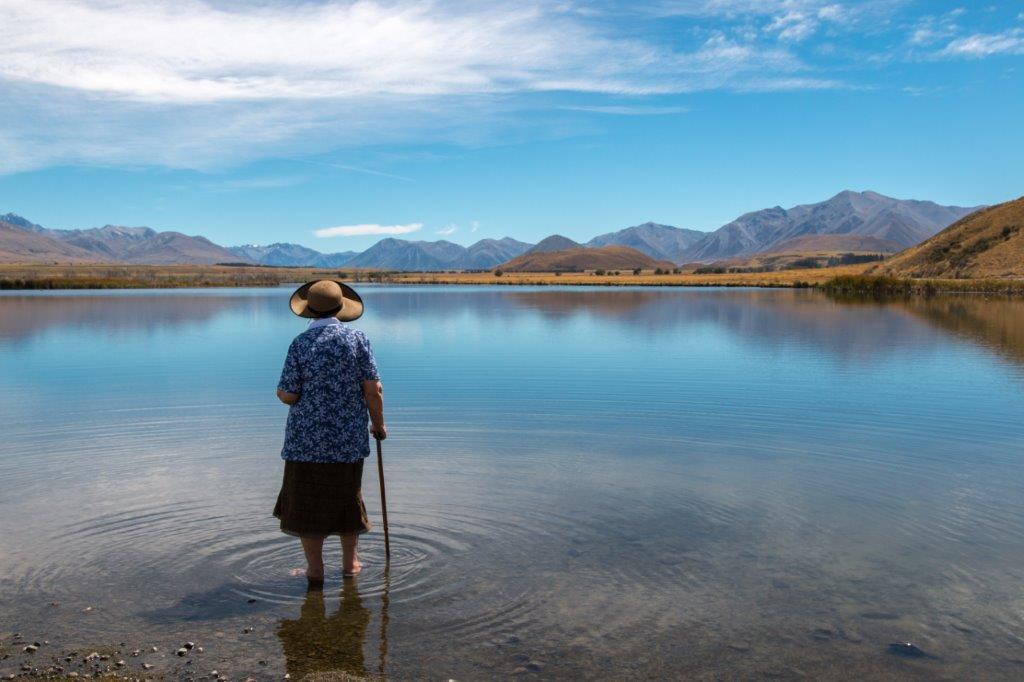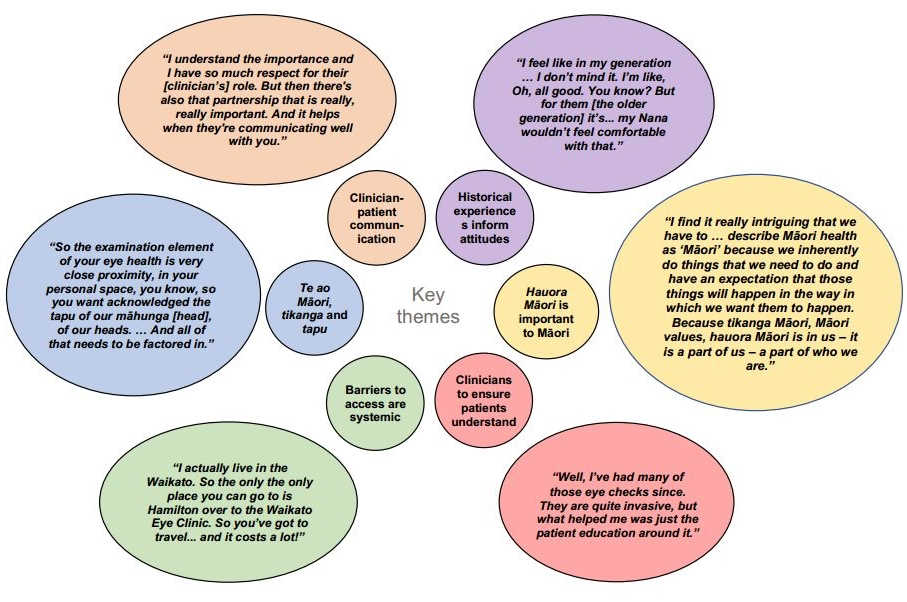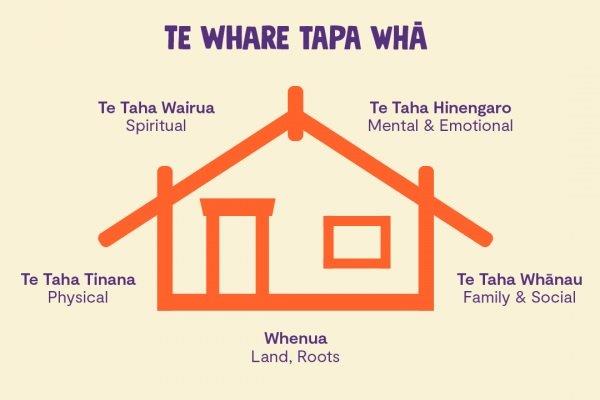Māori eye health action plan
The Royal Australian and New Zealand College of Ophthalmologists (RANZCO) has finished talking to key stakeholders in Aotearoa and is drafting an action plan to improve the way ophthalmologists work with Māori to improve eyecare among tangata whenua.
The Māori action plan project, supported by Kāpō Māori Aotearoa and led by the RANZCO Māori and Pasifika Eye Health Committee, is underpinned by three guiding principles: genuine partnership with Māori, cultural competence and improving Māori representation within the ophthalmology workforce, said committee chair Dr Will Cunningham. “In New Zealand there are disparities in eye-health outcomes between Māori and Pasifika peoples and other ethnic groups, in terms of uncorrected refractive error, cataract and other lens disorders, diabetic retinopathy and keratoconus. The underlying causes are likely to be due to higher rates of genetic and environmental risk factors, alongside a lower rate of access to health services.”

Dr Will Cunningham
In alignment with the Treaty of Waitangi, the main goal for the action plan is to improve eye-health equity for Māori in Aotearoa, said Dr Cunningham. “This follows on from RANZCO's Reconciliation Action Plan in Australia and similar plans addressing Māori health equity by other medical colleges in New Zealand.”
The first part of the project involved consultation with key stakeholders, including Eye Health Aotearoa, the Universities of Auckland and Otago, optometrists, nurses, Māori and Pasifika university admission schemes, leading Māori health advocates and the Māori Medical Practitioners Association Te ORA, seeking their opinion on what RANZCO can do better to improve eye-health equity for Māori. Members of the public and the wider Māori eye health community were also asked for their opinions in a separate Eye Health Aotearoa survey in March.
The committee is now drafting the plan with the assistance of public policy adviser Tricia Keelan and Riki Nia Nia, executive director of Māori, Equity & Health Improvement at Waikato District Health Board, said Dr Cunningham. “The plan will then need approval from the committee and the RANZCO board, after which it will be sent back to the stakeholders for further comments and approval.” It’s hoped the plan will be completed by mid-2021, he said.





















